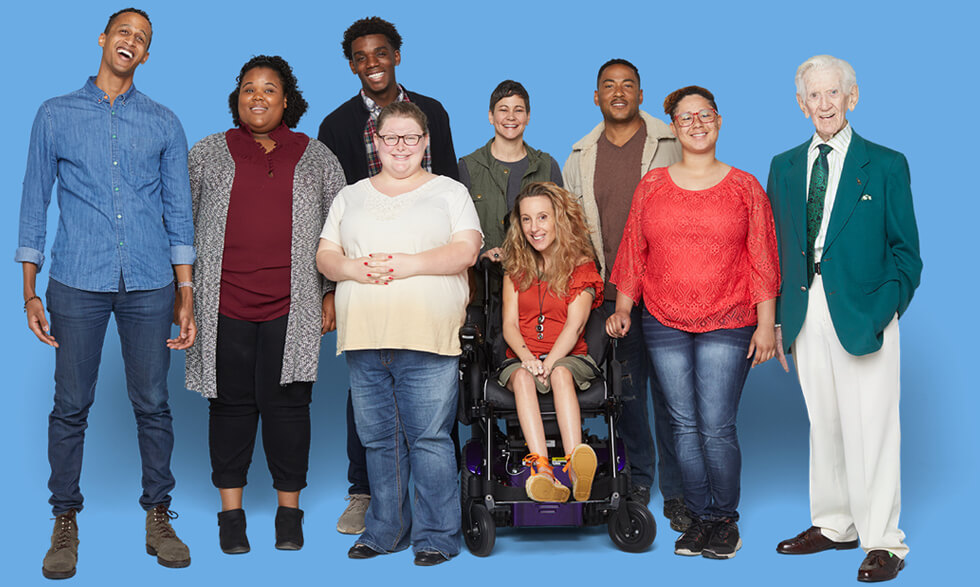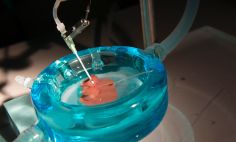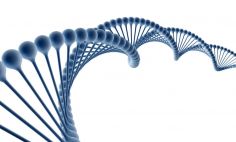NIH is coming to a library near you.
The National Library of Medicine (NLM) has teamed up with NIH's All of Us Research Program to gather health data from across the U.S.
All of Us aims to securely gather diverse health data from about 1 million people living in the U.S. Their ultimate goal is to advance precision medicine, which is a bigger goal of both NIH and the U.S. Department of Health and Human Services. That means including people from communities that have been traditionally underrepresented in research.
To help reach that goal and make sure all people have a chance to participate, All of Us is partnering with NLM's National Network of Libraries.
Thanks to the partnership, people who may not have access to the internet or want to learn more about the program can visit their local library.
Researchers will use data from the All of Us program to learn more about how individual differences can affect health and disease. Factors include lifestyle, environment, and biological makeup.
"Some of the things that make the All of Us effort unique are not only our size, but also the diversity of participants, health conditions, and data types we aim to include, from surveys and electronic health records to biosamples, physical measurements, and wearable data," said All of Us Director Eric Dishman.
The three-year partnership between All of Us and NLM aims to accelerate research and improve health.
Some other goals include:
- Giving public library staff tools to improve health literacy
- Highlighting public libraries as a technology resource for the All of Us program, particularly in underserved communities
- Establishing an online platform for education and training about All of Us and precision medicine
The All of Us Research Program is now in beta testing, with plans to launch nationally this spring.
"This collaboration presents a perfect opportunity to help the public understand how health research impacts all of us," said Patricia Flatley Brennan, R.N., Ph.D., director of NLM.
"Working with our vast network of public libraries, we hope to contribute to medical breakthroughs that may lead to more tailored disease prevention and treatment solutions for generations to come."







